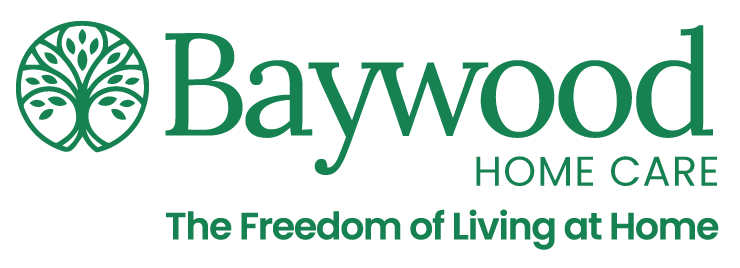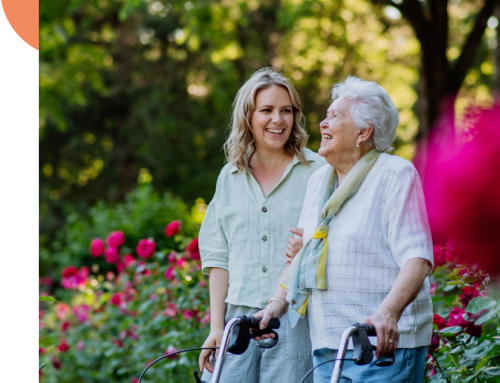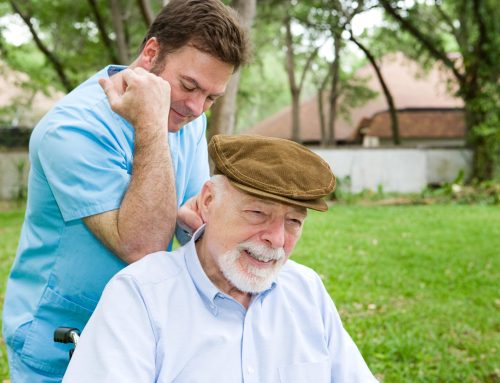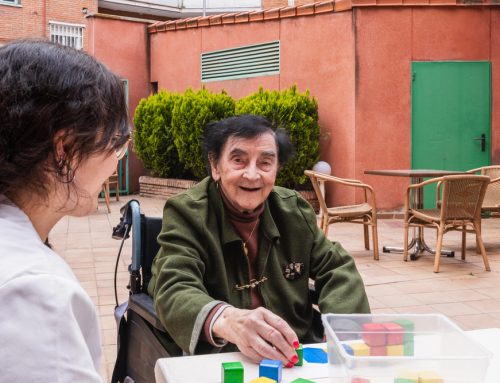Getting older doesn’t mean slowing down — but staying active and independent can become challenging with age. Many seniors face obstacles like reduced mobility, memory concerns, or feeling isolated, which can make it harder to keep up with daily routines and social activities. That’s where in-home care can make all the difference. By offering personalized support, caregivers can engage seniors in meaningful activities, social interactions, and daily routines that keep them feeling connected and independent.
In this guide, we’ll help you explore how in-home nursing care providers empower and engage seniors to live life to the fullest by promoting active aging and independence.
The Importance of Active Aging
Active aging means staying physically, mentally, and socially engaged as you grow older. The benefits are plenty:
- Improved Mobility and Strength: Staying active helps seniors maintain better balance and flexibility, reducing the risk of falls, stiffness, and muscle weakness.
- Enhanced Cognitive Function: Activities like reading, puzzles, and social interactions engage seniors and stimulate their brains, improving memory and mental sharpness.
- Greater Independence: Active seniors are better equipped to manage daily tasks on their own, which further promotes self-reliance.
- Emotional Well-Being: Engaged seniors are less prone to feelings of loneliness and depression. This fosters a positive outlook on life.
How In-Home Care Promotes Active Aging and Independence
- Encouraging Mobility & Exercise
In-home caregivers play a crucial role in engaging seniors to maintain physical strength, flexibility, and balance. Many older adults face challenges like osteoporosis and arthritis, making movement difficult. With dedicated support, seniors can safely participate in gentle exercises like walking, stretching, and light strength training. These activities improve coordination & overall mobility.
- Supporting Safe Movement
In-home caregivers also ensure seniors can move safely around their homes. Whether it’s walking to the kitchen, climbing stairs, or getting up from chairs, caregivers provide guidance to reduce risks and build confidence in everyday movements.
- Outdoor Activities
Caregivers encourage outdoor engagement by accompanying seniors on walks, assisting with gardening, or supporting light outdoor exercises. For those with mobility challenges, caregivers modify activities to suit their comfort level, ensuring they remain active at their own pace.
- Encouraging Independence in Daily Activities
Independence is important for seniors, and caregivers provide valuable support to help them maintain it. From light housekeeping tasks like laundry and meal preparation to self-care activities such as dressing, grooming, and hygiene, caregivers offer essential assistance. They also help with transportation, ensuring seniors can run errands, attend medical appointments, and visit friends or family.
- Personalized Support for Staying Active
Every senior’s needs and interests are unique. The engaged nursing care services provide personalized support by encouraging hobbies, facilitating memory games, or engaging seniors in discussions. This tailored approach keeps seniors mentally engaged and socially connected.
Tips for Seniors to Stay Active with In-Home Care Support
- Start small with simple activities like stretching or short walks.
- Try new hobbies or learning experiences to keep the mind active.
- Maintain social connections by speaking with caregivers and building a social circle.
- Use mobility aids if needed and adapt exercises for comfort and safety.
Baywood Home Care engages seniors to Maintain Their Activeness & Independence!
Aging is a natural part of life, but staying active and independent is key to maintaining overall well-being. With the support of in-home caregivers, elderly members can enjoy improved physical health, emotional stability, and a fulfilling lifestyle. Personalized care ensures seniors stay engaged, empowered, and able to make the most of their golden years.







